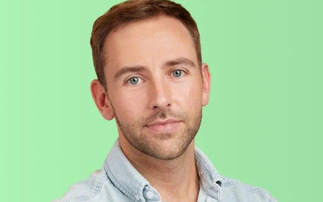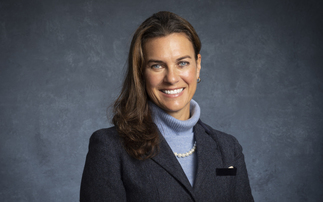PwC releases interim results from Annual CEO Survey showing ahead of Paris Agreement over three quarters are already taking steps to minimise environmental impacts
As business leaders around the world continue to digest the implications of the historic Paris Agreement, a new survey has suggested large numbers of CEOs already expect to see their businesses transformed in the coming years as result of climate change and resource challenges.
Consultancy giant PwC today released interim results from its Annual CEO Survey, which polled 834 chief executives on a range of issues. It showed that just under half of the CEOs surveyed believe "issues of resource scarcity and climate change will transform wider stakeholder expectations of their business".
The full results of the survey will be released next month at the Davos Summit, but the interim data also shows that 79 per cent are making changes to minimise the social and environmental impacts of their business operations, while exactly three quarters are making changes to their supply chain to minimise its social and environmental impacts.
The Paris Agreement suggests that governments around the world will introduce new policies to help tackle climate change, while stepping up efforts to mobilise private and public sector investment in low carbon infrastructure and clean technology.
However, while a host of business leaders attended the summit in Paris to call for an ambitious agreement large numbers of CEOs are sceptical about governments' record on tackling environmental challenges.
Only 24 per cent of respondents said they believe governments are effective at reducing environmental impacts, while 42 per cent believe governments are ineffective.
Celine Herweijer, PwC sustainability and climate change partner, said the Paris Agreement and the national climate policies that should follow ought to push climate action further up the boardroom agenda.
"An explicit reference to the role of business and the private sector in the Agreement gives the license for companies, boards and decision makers to design and implement low carbon economy solutions as part of their business strategically with a good understanding of the risks and opportunities for their specific business," she said.
"Governments cannot do this alone, and it's vital that at a national level policy frameworks are developed with business to deliver rational, affordable and progressive action on climate change."
This article is part of BusinessGreen's Road to Paris hub, hosted in association with PwC.









